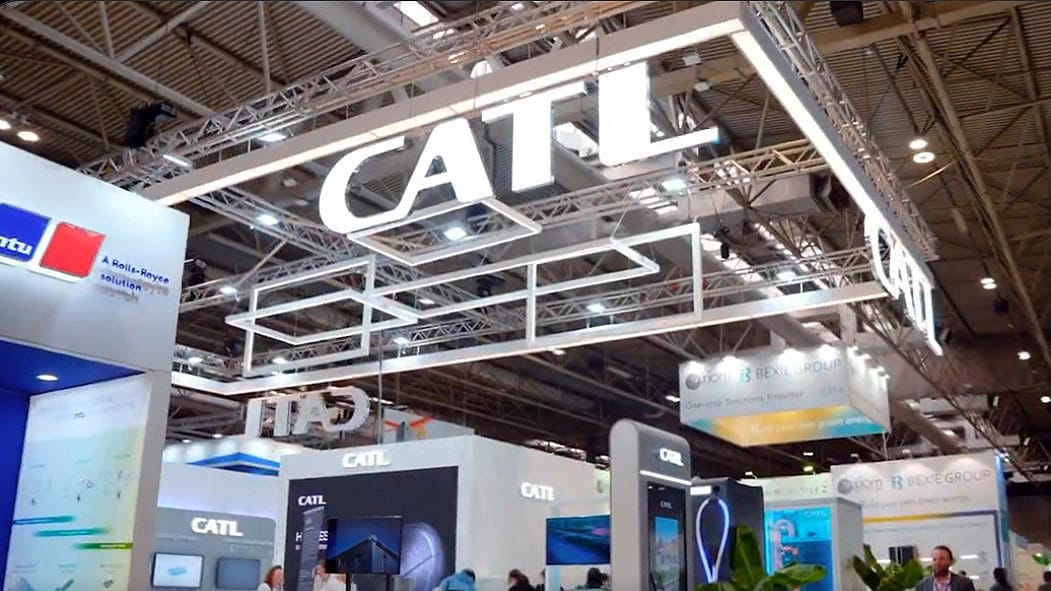The largest manufacturer of electric vehicle (EV) batteries and energy storage systems, CATL, has commenced the sample validation of 20Ah solid-state battery cells utilizing its sulfide technology research.
Initial Skepticism
At first, CATL dismissed the rapid commercialization claims surrounding solid-state batteries. The company stated that after several years of research and development, it remains skeptical about their mass-market readiness before 2030 due to the high costs of production.
Revised Outlook
Recently, it has adjusted its forecast, suggesting that solid-state batteries could be available for high-end electric vehicles by 2027. CATL plans to provide its own cells featuring an all-solid electrolyte by that time.
To facilitate this progress, CATL has assigned about 1,000 engineers to concentrate on the solid-state battery initiative. They have achieved an impressive energy density of 500 Wh/kg, which is nearly double that of batteries commonly found in standard electric vehicles.
Overcoming Challenges
Nevertheless, industry insiders mention that CATL still has some issues to resolve regarding charging speeds and battery life. This is the reason for the current sample validation phase for the 20Ah solid-state battery cells, which are essential components of EV battery packs.
Once the charging and lifespan criteria are satisfied, CATL will need to tackle production engineering and scaling up manufacturing capacity, which are actually where it excels the most.
CATL isn’t the only player in the solid-state battery arena, as other companies like BYD, Toyota, and Samsung are also making strides with their respective projects. However, CATL is seen as the most adept in this field. The chairman recently stated that CATL’s solid-state technology is significantly ahead of the competition. Given its progress to the sample validation phase for EV-grade cells, this claim may hold some truth.
Industry Consensus
Most companies that have disclosed their solid-state battery plans share a common goal: they aim to have their battery packs ready for electric vehicles by 2027. However, Toyota has cautioned that these solid-state batteries will likely be pricier than the existing ternary lithium cells that use liquid electrolytes, meaning they will initially be reserved for luxury electric vehicles in its Lexus lineup.


Leave a Reply